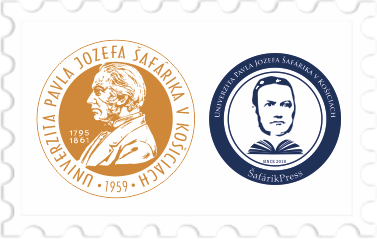Žiadne produkty
Produkt bol úspešne pridaný do vášho košíka
0 ks tovaru Vo vašom košíku je 1 produkt.
Veche and the terms “All Pskov” and “Pskov Men”: The Russian Medieval City Assembly as a Communal Structure
DOI: https://doi.org/10.33542/CAH2020-2-01
Autor: Alexei A. Vovin
Rok vydania: 2020
Vydavateľ: Univerzita Pavla Jozefa Šafárika v Košiciach, Filozofická fakulta
Dostupné od: 31.12.2020
URL: https://www.upjs.sk/filozoficka-fakulta/katedra-historie/24119/
Abstrakt:
The article focuses on the collective political institution, the veche, of the Russian medieval city of Pskov. The author argues that the horizontal political ties within that city prevailed over the vertical ones in the period before its subjugation to the Muscovite State in 1510. Pskov is put into a broad comparative perspective which results in the conclusion by the author that the development of Pskov in the fourteenth–fifteenth centuries very closely resembled that kind of urban synoecism which was practiced by Western European communes in their early stage of development (eleventh–twelfth centuries). It means, first, that the Russian Middle Ages repeated in some important features that which had occurred in Western Europe, and, second, that it happened not due to a borrowing of political institutions (as was the case with many East European countries) but independently because of similar conditions arising, albeit after a two-century delay.
Keywords: Russian Medieval City. Pskov. Urban Commune. West and East Middle Ages. Medieval City Assembly. Veche. Horizontal Ties within a Medieval Society
Názov časopisu: ISSN: Ročník: Ćíslo: | The City and History 1339-0163 9/2020 2 |
